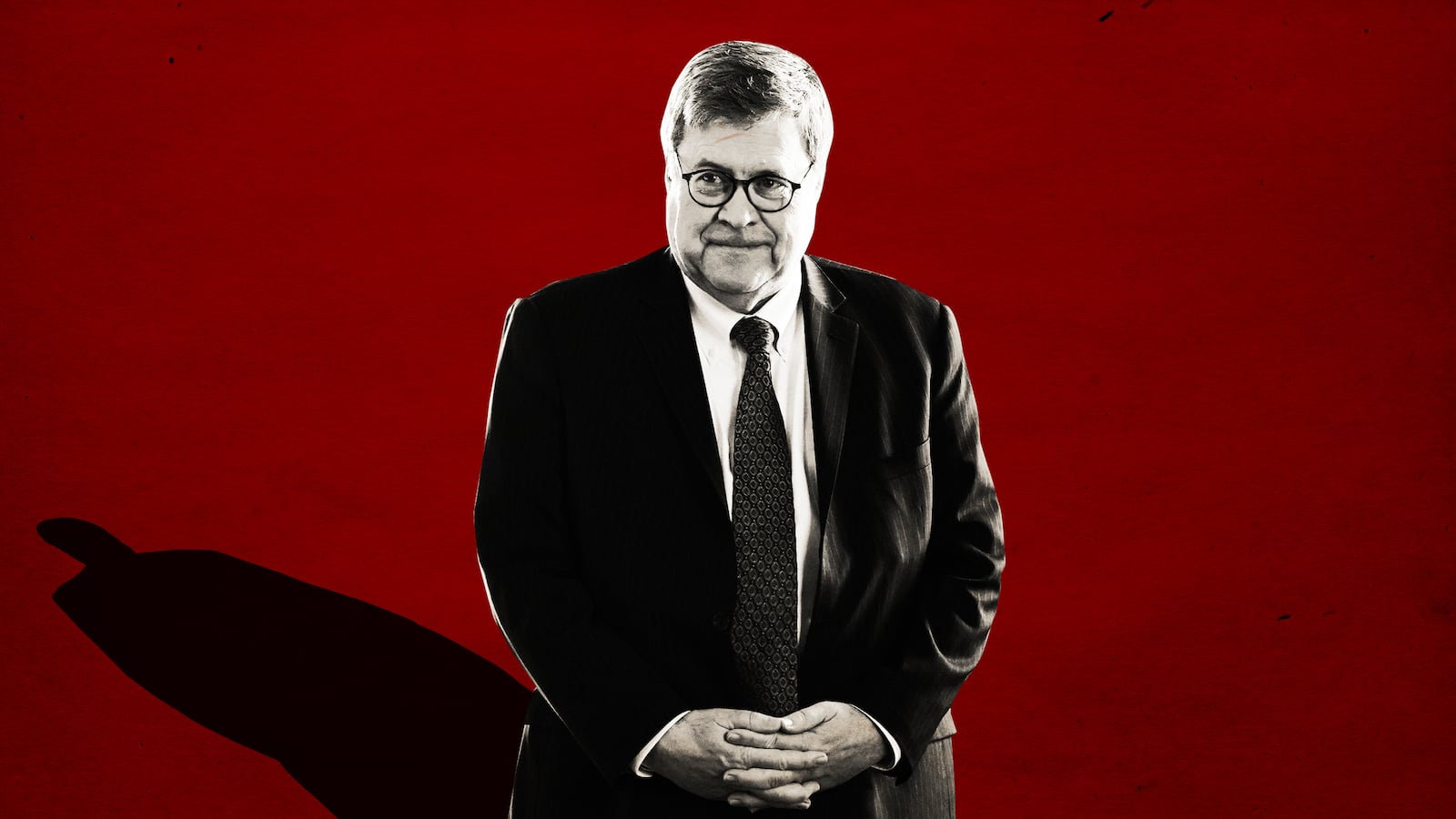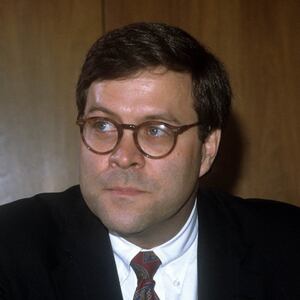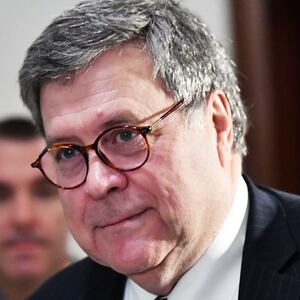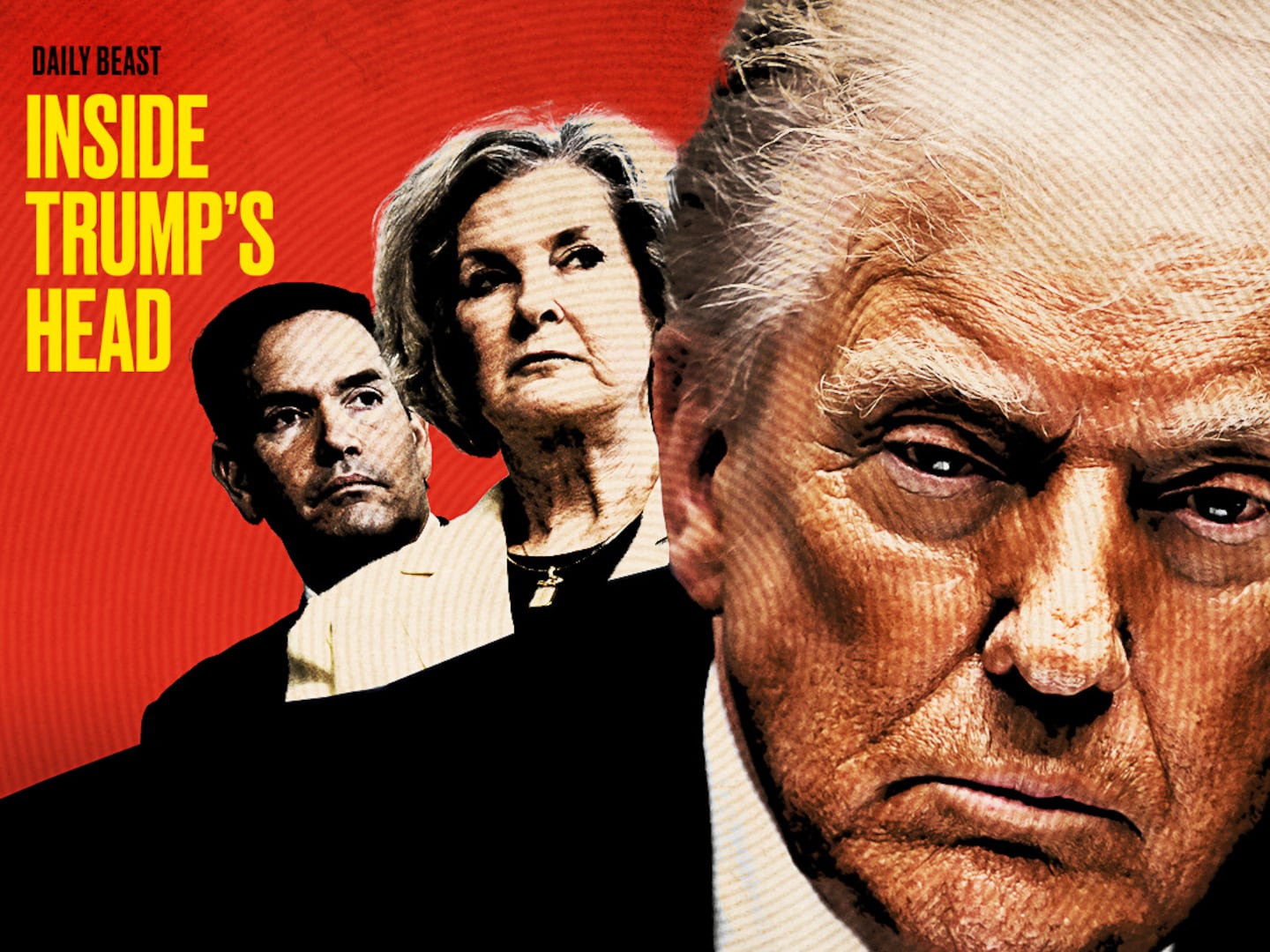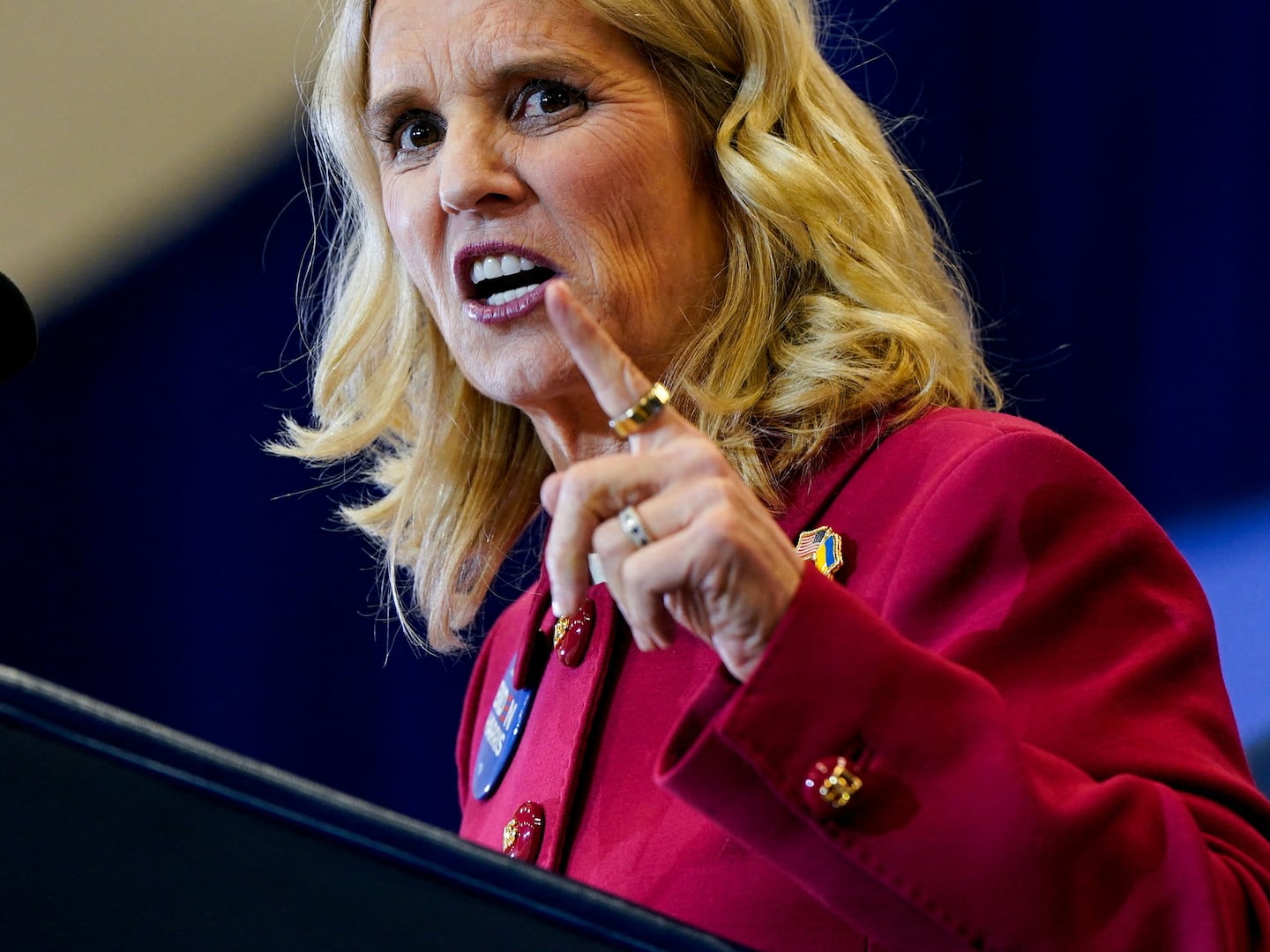When attorney general nominee William Barr appears before the Senate Judiciary Committee on Tuesday, the agenda will be Mueller, Mueller, and, if there’s time, everything else.
Not since Watergate has a prospective attorney general stepped into the middle of an ongoing investigation of the president of the United States, and an imbroglio which may well define, or even end, Donald Trump’s presidency. For good reason, the work of Special Counsel Robert Mueller, who would report to Barr, will be at the center of the confirmation hearing.
But there are other issues to look for as well, in particular Barr’s views on executive power (including in cases of national emergency) and civil rights. Indeed, while everyone’s attention is on Mueller, most of what Barr will be doing every day will have nothing to do with him. And when it comes to what Barr will actually be doing, Democrats will not like what they see.
Here’s what to expect.
First, given that Barr’s confirmation is near-certain–not only may some Democrats support him, but even those who oppose him don’t want acting Attorney General Matthew Whitaker in office a moment longer than necessary–Democrats’ strategy will be to extract commitments from Barr that might matter down the line.
Already, Barr has said, in his written testimony, that “I will follow the Special Counsel regulations scrupulously and in good faith, and on my watch, Bob will be allowed to complete his work.”
But Democrats may want more. In a memo he wrote last June to Deputy Attorney General Rod Rosenstein, Barr questioned one aspect of Mueller’s investigation: investigating Trump for obstruction of justice based on the president’s firing of FBI Director James Comey. (Barr also defended the firing itself in an op-ed.)
Barr’s point was not to question the entire investigation, but to argue that presidents have the legal authority to fire officials like Comey–this wasn’t a case of a facially illegal action like destroying evidence or perjury–and that Justice Department officials themselves frequently come under fire for expanding or limiting investigations. If Trump can be investigated for obstruction, Barr wrote, then “any claim that an exercise of prosecutorial discretion was improperly motivated could legitimately be presented as a potential criminal obstruction.”
Of course, those comments are still troubling to anyone concerned about Barr’s oversight of the investigation: even without firing Mueller, he could limit the investigation’s scope in a way that benefits Trump. So Democrats, and possibly some Republicans, will want Barr to clarify whether he will implement the policies in his June memo, what they might mean for the investigation, and what other limits he might consider placing on Mueller.
It’s also likely that Democrats will demand Barr sort out his contradictory positions opposing aspects of the Iran-Contra affair and Donald Trump investigations, but supporting wider investigations of Bill and Hillary Clinton. Is the distinction one of principle, or party?
Some senators may even demand that Barr recuse himself from the investigation entirely, though his doing so seems unlikely. Barr promising not to limit Mueller’s authority may be as close as they’re going to get.
And then there’s everything else.
First, although the prospect of Trump declaring a national emergency to build his border wall now seems to be receding, the fact that it arose in the first place means that Barr’s views on executive power are of central importance.
And they are unusual. In a series of documents, most importantly a 1989 memo written when Barr was assistant attorney general under President George H.W. Bush, Barr advanced the theory that the president alone holds all of the constitutional power of the executive branch. Basically, since everyone else works for him, he has practically unlimited authority in the executive branch.
(Coincidentally, this same theory of the “unitary executive” plays a role in the current film Vice, in which it is attributed to Dick Cheney and Antonin Scalia.)
This is not what most legal scholars think. Not only is Congress granted numerous executive powers by the Constitution itself, an array of statutes carefully vest such power in specific offices and departments that are governed by various rules. Barr’s views of an all-powerful president-as-CEO may align with those of Trump, but they are idiosyncratic in the context of contemporary legal and political theory.
Arguably, they are also more important than Barr’s opinions about Mueller and obstruction of justice.
Barr, like Sessions, is a throwback to the 1980s and 1990s “war on crime” and “war on drugs.” He was, literally, one of the authors of mass incarceration; as attorney general in 1992, he published a report called “The Case for More Incarceration.” He has supported harsh mandatory minimum sentences, including for crack cocaine but not powder cocaine, and has denied that racism affects the criminal justice system, which has been statistically proven.
Barr backpedaled those positions in his written testimony. “Then, the Nation was suffering from the highest violent crime rate in our history,” he wrote. “My priority was to protect the public and attack those soaring crime rates by targeting chronic violent offenders and gangs. The crime rate has substantially fallen since 1992.”
Yet Democrats will certainly want to know more about how Barr’s views have evolved, if they have, and how they will impact the enormous amount of discretion that attorneys general have in prosecuting criminal cases.
In his written testimony, Barr also echoed Trump’s and Sessions’s views on immigration. While affirming the importance of legal immigration, Barr warned that “we cannot allow others to flout our legal system by crashing in through the back door.... we must secure our Nation’s borders, and we must ensure that our laws allow us to process, hold, and remove those who unlawfully enter.” Democrats will surely press Barr to provide some detail beyond these general statements: asking for his views on the “family separation” policy, on “zero tolerance” prosecution of all unauthorized crossings, and of course, the border wall.
Finally, on social issues, Barr once called for the government to impose “a transcendent moral order with objective standards of right and wrong that… flows from God’s eternal law.” He has specifically criticized laws protecting LGBT people and women seeking abortions. And he has said that conservative Christians such as himself must “take the battlefield and enter the struggle” to return the country to its Christian roots.
Once again, Barr moderated these views somewhat in his written testimony, writing “we can only survive and thrive as Nation if we are mutually tolerant of each other’s differences—whether they be differences based on race, ethnicity, religion, sexual orientation, or political thinking.”
Yet attorneys general have very wide discretion in terms of which “differences” they fight to protect, and which they do not. Will Barr continue former Attorney General Jeff Sessions’ “religious freedom” memo, which carved out vast new exemptions for individuals and corporations seeking to discriminate against others? Does he still believe, as he wrote 20 years ago, that the “permissiveness” of the 1960s and 1970s has caused the social problems of today?
Ordinarily, these issues would be central to a prospective attorney general’s confirmation hearings. Yet it’s entirely possible that the Senate may not get around to them at all. The president of the United States has been (and perhaps is being) investigated for being a foreign agent, and William Barr will be in charge of that investigation. In some ways, he’s up for the most important job in America.

